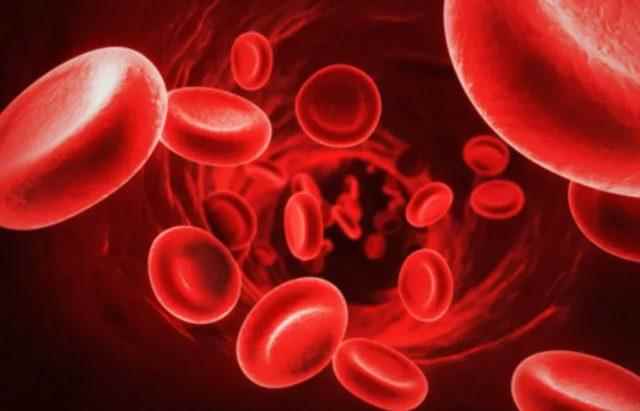Infections in the body can cause sepsis. Sepsis usually occurs due to pneumonia, infection of digestive system organs such as stomach and intestines, infection of kidney, bladder and other parts of urinary system, or infection of blood circulation system called bacteremia. If sepsis is not detected in the early period and therefore cannot be treated, septic shock may occur and the disease may result in death.
SEPSIS SYMPTOMS
In severe infections, the symptoms of sepsis may not be very clear. Therefore, it is possible to confuse sepsis with different symptoms due to infection. Any kind of infection, whether diagnosed or not, is a possibility for the development of sepsis. The most common symptoms of sepsis, which have three different stages, sepsis, severe sepsis, and septic shock, are:
- Fever above 38 degrees
- Heart rate above 90 beats per minute
- Respiratory rate greater than 20 breaths per minute
- Chills, chills and tremors
- Shortness of breath
OTHER COMMON SEPSIS SYMPTOMS

- Decreased urination, burning and pain when urinating
- Appearance of pale, discolored or mottled skin
- Confusion and decreased cognitive functions
- Low platelet levels in the blood
- Respiratory dysfunction and shortness of breath
- Disruption of heart rhythm
- Drop in body temperature (hypothermia)
- extreme weight loss
WHAT CAUSES SEPSIS? WHO IS AT RISK?

Especially in elderly individuals, the probability of developing sepsis is much higher. Wounds in the body after surgical operations are among the risk factors for sepsis. In addition to these, the development of resistance of bacteria to antibiotics due to reasons such as unnecessary use of antibiotics and discontinuation of antibiotics increases the risk of developing sepsis, as it hinders the control of infections.

Immunosuppressive drugs used in the treatment of some diseases or in cases such as organ transplantation, for the body to accept the transplanted organ, also weaken the immune system, making it easier for infections to cause sepsis. Children under the age of 1, pregnant women, people with chronic diseases and elderly individuals are in the risk group for sepsis, and these individuals should pay attention to even the smallest infections and should immediately apply to a health institution and have the necessary diagnostic tests done.
